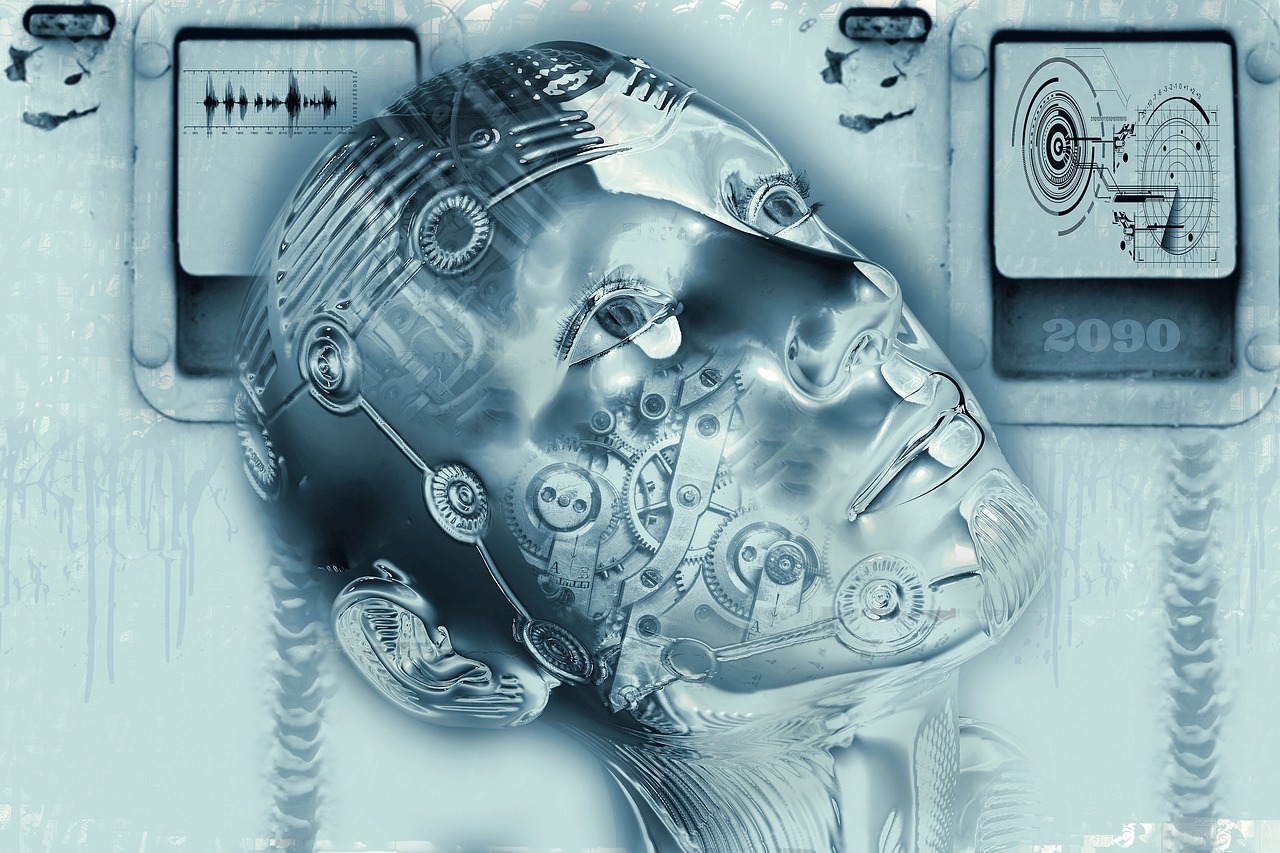How to Use Artificial Intelligence in the Business Decision-Making Process?
Speed and accuracy in decision-making are crucial. This is where Artificial Intelligence (AI) comes into play as a powerful tool that can transform the way companies make their most critical strategic choices. Traditional methods based on subjective judgment and intuition, while still important, give way to modern solutions based on data and algorithms. AI becomes an indispensable companion for business leaders, allowing them to make decisions based on objective facts and predictions based on data analysis. It's worth exploring how Artificial Intelligence revolutionizes business decision-making processes, affecting the efficiency and competitiveness of companies in the market. Through this article, we will discover how AI enters the field of business decisions, changing them irreversibly.
New Dimension of Business Decisions
1. How does Artificial Intelligence work in the decision-making process?
Artificial Intelligence is not just a powerful word, but also a powerful tool. In the decision-making process, AI uses learning algorithms that can analyze vast amounts of data at a speed surpassing human capabilities. That's why AI can draw significant conclusions from this data, aiding in making accurate business decisions. Using machine learning, AI can predict trends, identify patterns, and respond to changes in real-time. As a result, organizations can make decisions based on objective data, minimizing the risk of poor choices.
2. Decision-making process automation
One of the biggest advantages of Artificial Intelligence in the decision-making process is its ability to automate. AI can handle many decision-making processes, especially those that are routine and repetitive. This means that many tasks that previously required human intervention can now be performed automatically by AI-based systems. An example is supply chain optimization, where AI makes decisions about orders, storage, and deliveries in real time. This helps to avoid delays and inefficiencies, directly impacting the company's costs and competitiveness.
3. Personalization and better customer service
Artificial Intelligence is also extremely useful in customer service and marketing. AI can analyze customer preferences based on their past behaviors and transactions. As a result, companies can provide personalized offers and services, increasing customer loyalty. Examples include product recommendations in online stores or personalized marketing messages that reach customers at the right moment and context.
4. Forecasting and risk minimization
In today's volatile business environment, the ability to forecast and minimize risk is crucial. Artificial Intelligence can be invaluable in this area. By analyzing historical data and predicting future trends, AI helps companies better manage risk. An example is the financial sector, where AI aids in assessing credit risk and predicting market changes. This allows companies to make decisions that are more resistant to uncertainty and changing market conditions.
Artificial Intelligence is a tool that changes the way we think about the business decision-making process. It allows for more precise, efficient, and automated decision-making, directly affecting financial results and company competitiveness. It's essential to understand that AI is not just a trend or fashion, but a key ability that will determine a company's future success or failure.
Successes of Using AI in Business
1. Amazon - purchase recommendations
Amazon, one of the e-commerce giants, is a prime example of effectively using Artificial Intelligence in the decision-making process. The company uses AI to analyze the purchasing behaviors of its customers. Based on purchase history, viewed products, and reviews, AI generates personalized product recommendations for each user. This increases Amazon's revenues as customers are more inclined to make purchases when they see products that match their interests. It's an excellent example of using AI to understand and respond to individual customer needs.
2. Tesla - autopilot
Tesla, an electric car manufacturing company, has embraced Artificial Intelligence as a key element of its strategy. The Autopilot system, based on advanced machine learning, allows Tesla vehicles to drive and navigate autonomously. This is not only a revolution in the automotive industry but also an example of how AI can introduce changes in industries that seem traditional and resistant to technological innovations. With AI, Tesla creates cars that are safer, more efficient, and more comfortable for drivers.
3. IBM Watson - medical diagnosis
Artificial Intelligence is also highly significant in healthcare. IBM Watson, one of the most advanced AI tools, is used for diagnosing diseases and analyzing medical test results. With its vast data and analytical capabilities, Watson can assist doctors in making more accurate diagnoses and proposing more effective therapies. This demonstrates how AI can change lives by improving healthcare and saving patients' lives.
Conclusion
Artificial Intelligence is not just a tool but also the direction in which the future of business decisions is heading. Companies that skillfully utilize AI will have a competitive edge in the market. Therefore, it's worth investing in developing AI-related competencies and monitoring the latest trends and technologies in this field. AI is the key to efficiency, innovation, and business success. It enables more accurate decision-making, process automation, and better customer service. It's a tool that changes the way we think about business and opens up new possibilities. It's important to understand that AI is not just the technology of the future; it's already the present, transforming industries and companies worldwide.




